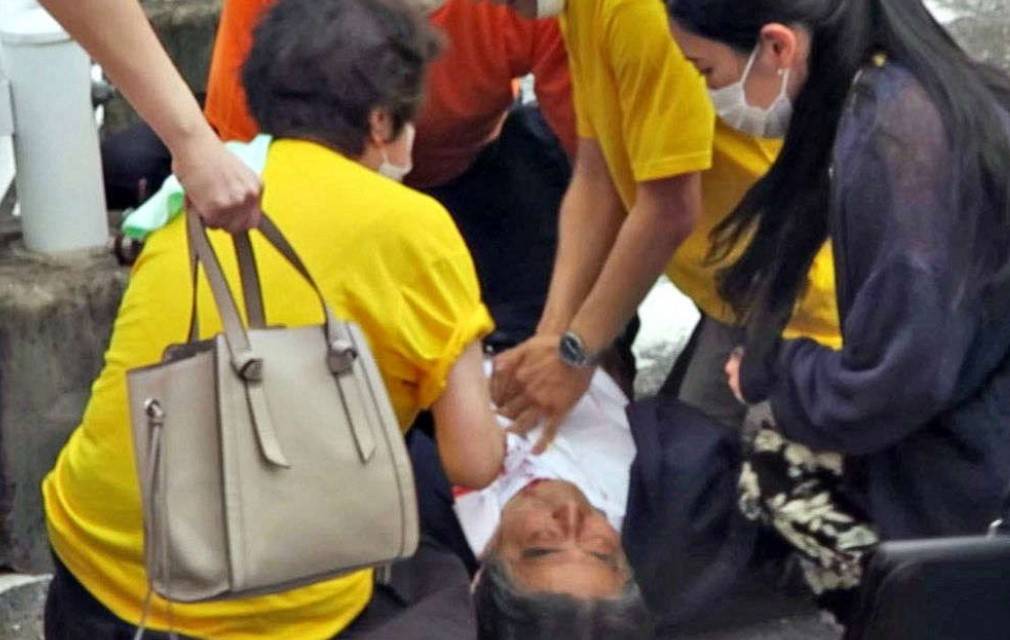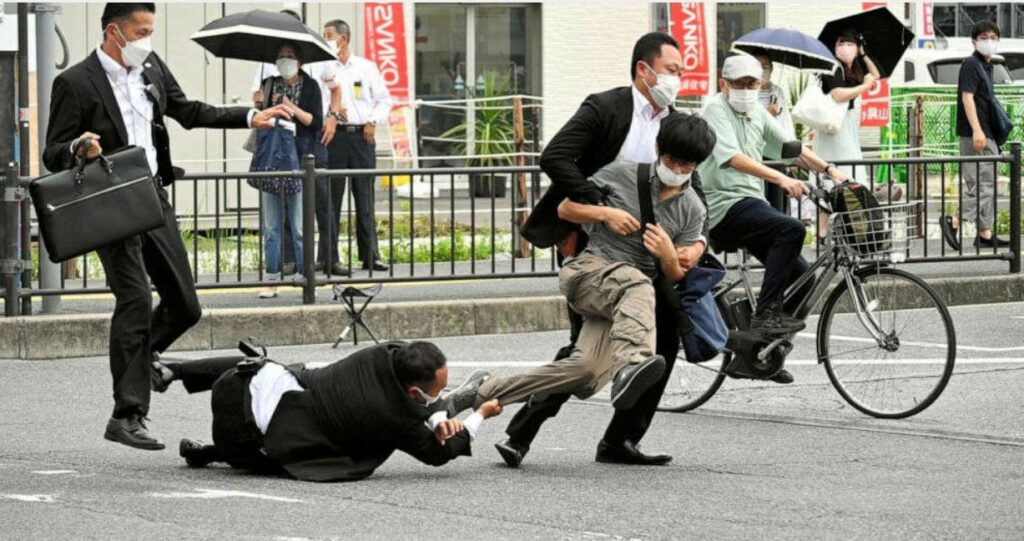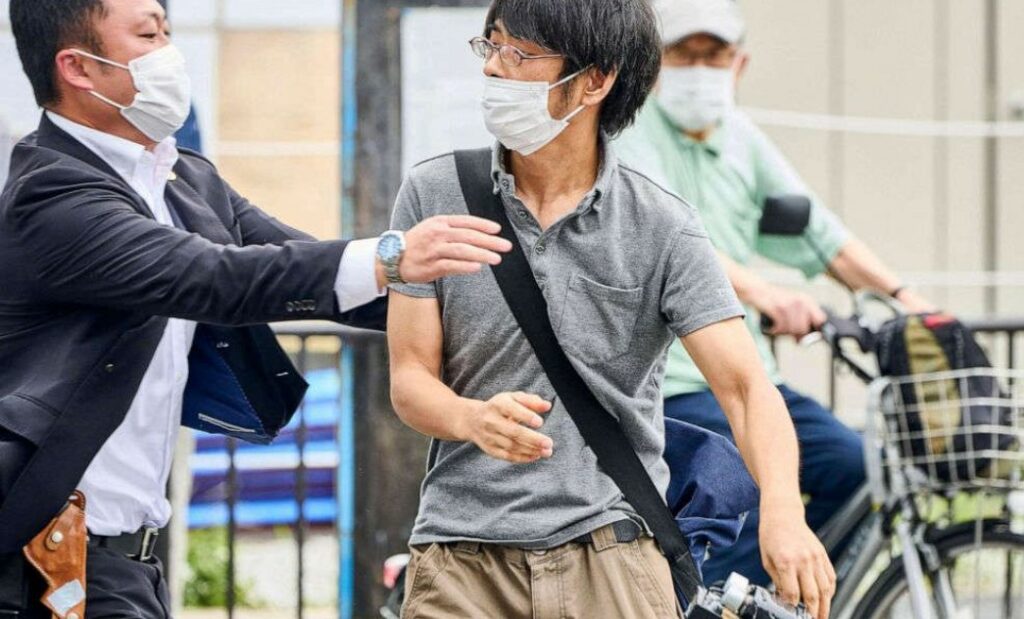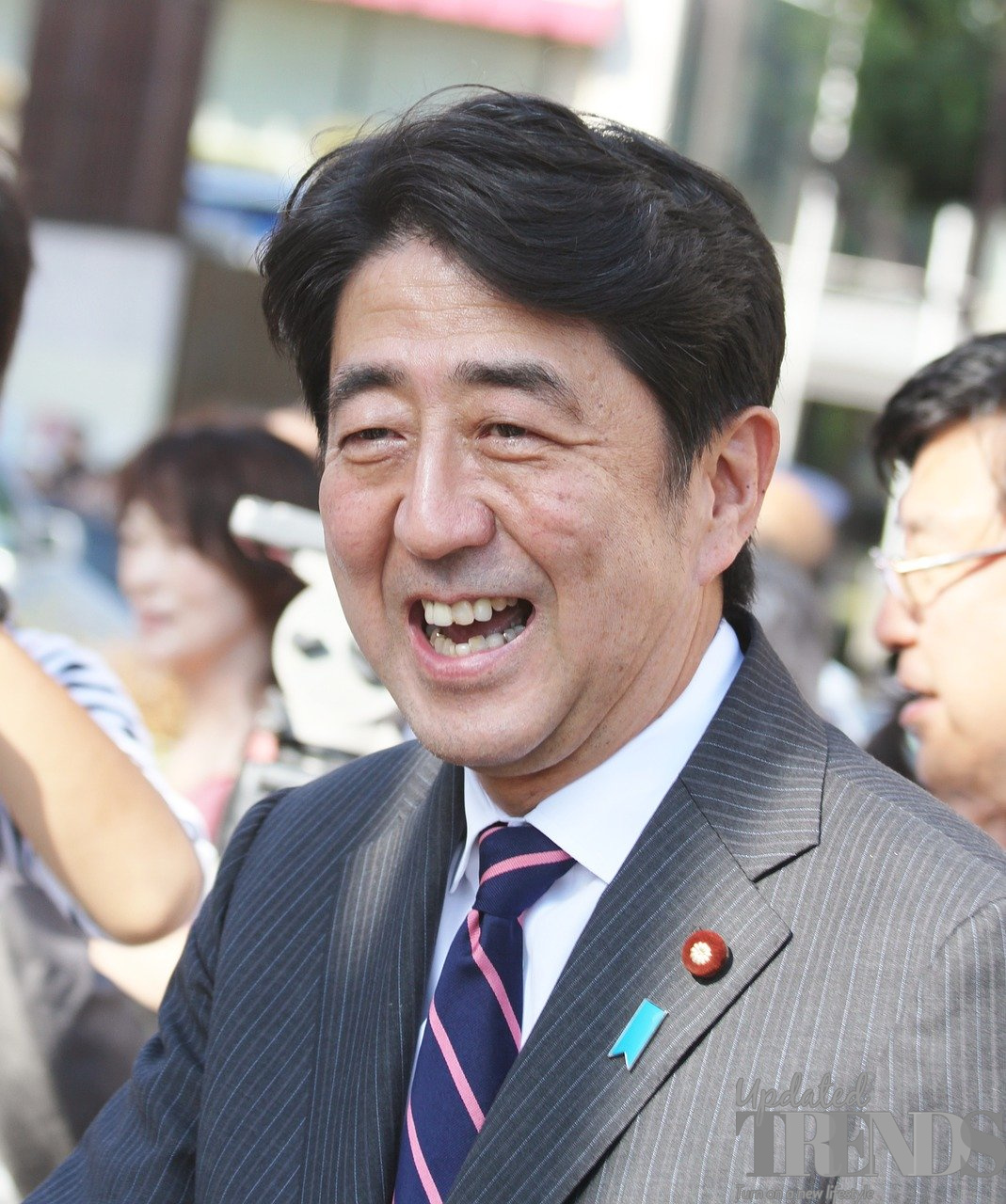
Shinzo Abe, Japan’s former Prime Minister, was assassinated during a campaign speech in Nara Prefecture, Japan on Friday.
The 67-year-old former Prime Minister was just minutes into his speech on a street in Nara when he was shot in the back by Tetsuya Yamagami. Abe was airlifted to Nara Medical University Hospital where he was pronounced dead.
Abe sustained two gunshot wounds to the right side of his neck. He had no vital signs and was in cardiac arrest before even reaching the hospital. Doctors attempted to stop the bleeding but the bullet traveled to his heart and life-saving measures were unsuccessful.

Abe first took power in 2006 at the age of 52 – the youngest ever to hold the job – but was mired in scandal and abruptly stepped down while suffering a debilitating bowel condition, ulcerative colitis.
He then regained the premiership in 2012 and held the role for the next eight years, before stepping down in 2020 when the bowel condition reemerged.
However, he remains a senior figure within the Liberal Democratic Party which has dominated Japan’s political scene since the end of the Second World War.
Yamagami reportedly told police Friday that he was dissatisfied with the ex-leader and wanted to kill him, but not over his political beliefs.

“Former Prime Minister Abe was giving a speech normally, but a man came from behind. The first shot heard only a very loud sound and the person did not fall down. However, the moment the second shot was shot, former Prime Minister Abe collapsed,” a witness told NHK. “The [suspect] didn’t seem to run away, he stayed there and the gun was there.”
The killing has sent shockwaves around the world and throughout Japan, a country with notoriously strict gun ownership laws.

“The weapon used by Abe’s assailant made a noise that could be compared to an explosion, and white smoke rose into the air after it was discharged. A gunpowder-like smell could be detected afterward,” read a report Friday by the Kyodo News, which added that one of their journalists on-scene said the weapon appeared to have been held together with duct tape.

Citing Japanese defense sources, NHK reported that Yamagami served in the Japan Maritime Self-Defense Force for three years in the 2000s.
In an emotional speech from Tokyo on Friday, Japanese Prime Minister Fumio Kishida said he was “lost for words” upon learning of Abe’s death. He said Abe had led the country “with great leadership” was his “personal friend,” someone he has “spent a lot of time with.”
“I have great respect for the legacy Shinzo Abe left behind and I pay the deepest condolences to him,” Kishida said.
The prime minister called Abe’s killing a “heinous act.”
“It is barbaric and malicious and it cannot be tolerated,” he added. “We will do everything we can, and I would like to use the most extreme words available to condemn this act.”
